News
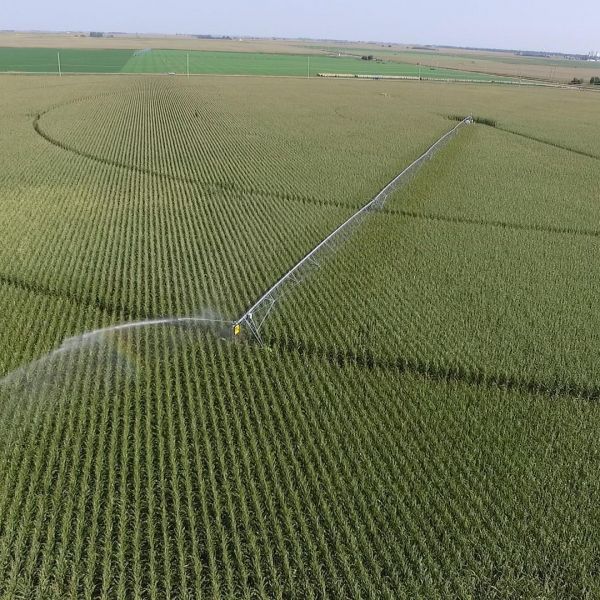
Oct 24, 2023
Predicting nationwide crop water availability by understanding soil influences
A USDA grant will fund Penn State researchers to incorporate satellite, sensor and soil core data into predictive models of nationwide crop water availability
Full Article

Oct 24, 2023
Biochemist selected as Innovation Fund investigator by Pew Charitable Trusts
Katsuhiko Murakami, professor of biochemistry and molecular biology at Penn State, has been selected as a member of the 2023 class of Innovation Fund investigators by the Pew Charitable Trusts.
Full Article
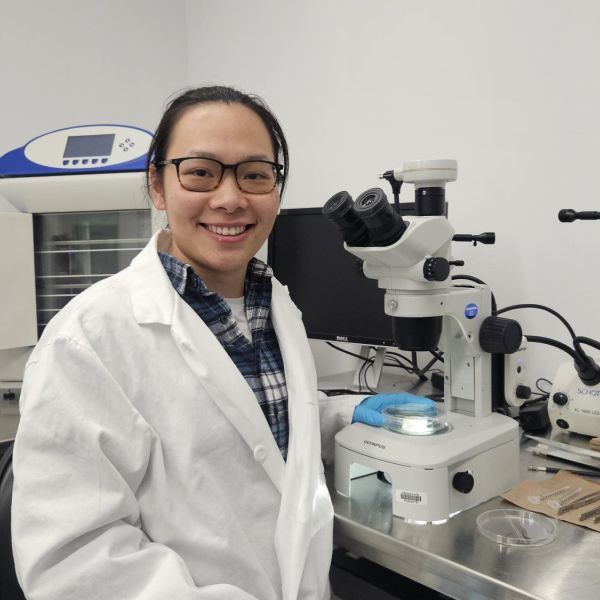
Oct 23, 2023
Gene integral to initiating, sustaining sperm cell development identified
With male infertility a mounting global concern impacting approximately 12% of men, a Penn State research team has discovered a gene that plays a key role in initiating and sustaining spermatogenesis. The finding may open a door for future therapies to boost sperm counts.
Full Article
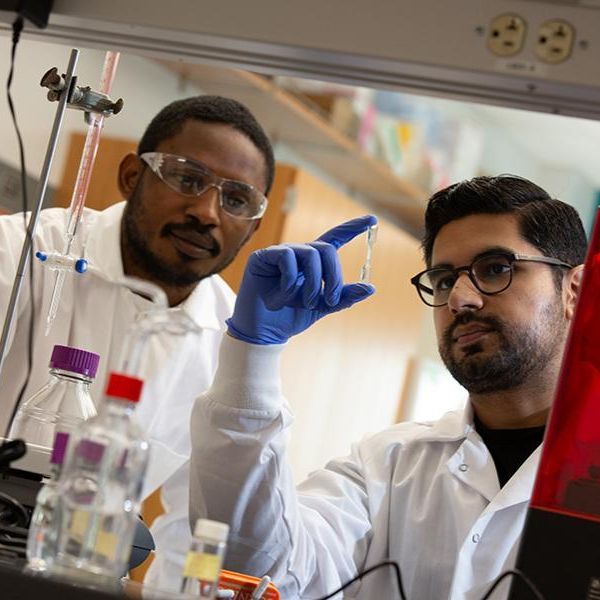
Oct 20, 2023
Replacing 3D printing plastics with plant-derived materials
A $650,000 USDA grant to fund Penn State researchers will support developing new and sustainable resin materials from lignocellulosic biomass.
Full Article
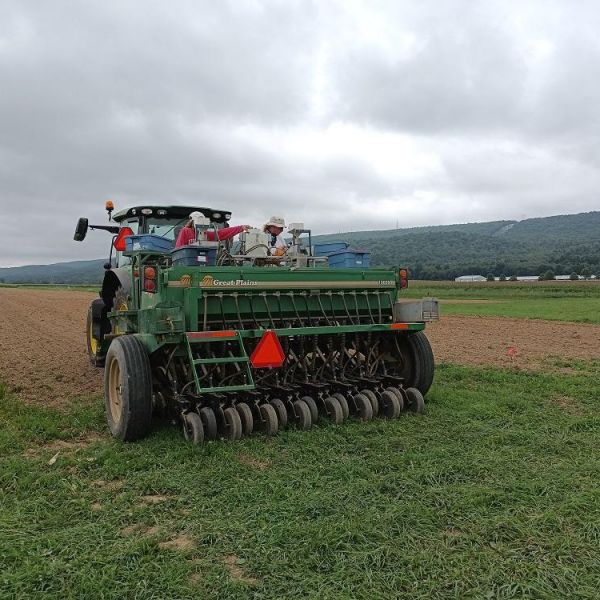
Oct 17, 2023
USDA grant awarded for study on soil health, weed control in organic operations
A nearly $1 million grant from the U.S. Department of Agriculture (USDA) awarded to Penn State’s College of Agricultural Sciences will support research on soil health and weed suppression in organic farming.
Full Article

Oct 17, 2023
Manuel Llinás named as the Ernest C. Pollard Professor in Biotechnology
Manuel Llinás, distinguished professor of biochemistry and molecular biology and of chemistry in the Penn State Eberly College of Science, has been named the Ernest C. Pollard Professor in Biotechnology.
Full Article
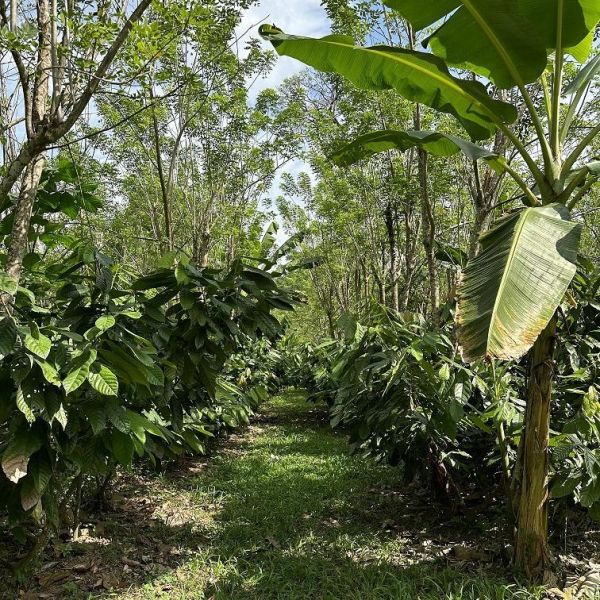
Oct 16, 2023
Grants awarded to Penn State faculty for tropical ecosystems research in Belize
Three projects have been awarded seed grants as part of the Penn State-Belize Foundation for Research and Environmental Education Research and Education Initiative to develop agroforestry systems .
Full Article
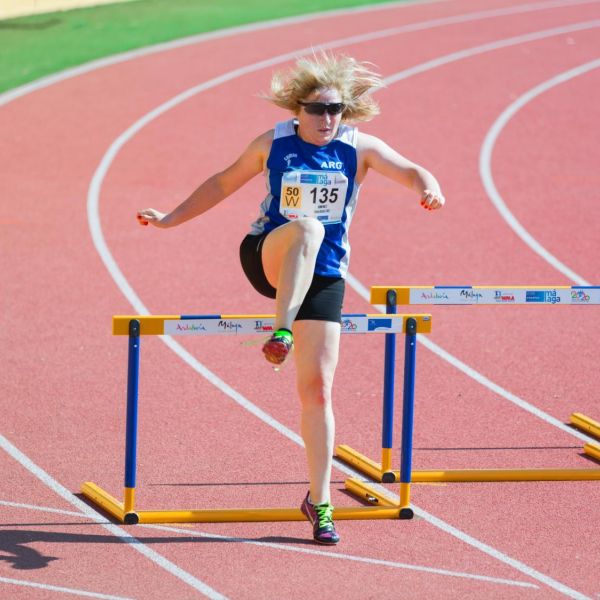
Oct 13, 2023
Females less likely to heal from ACL injuries than males
A study using an animal model is the first to examine tissue healing following chronic overuse injuries of the anterior cruciate ligament. Females also are less able to heal from these microtraumas than males.
Full Article
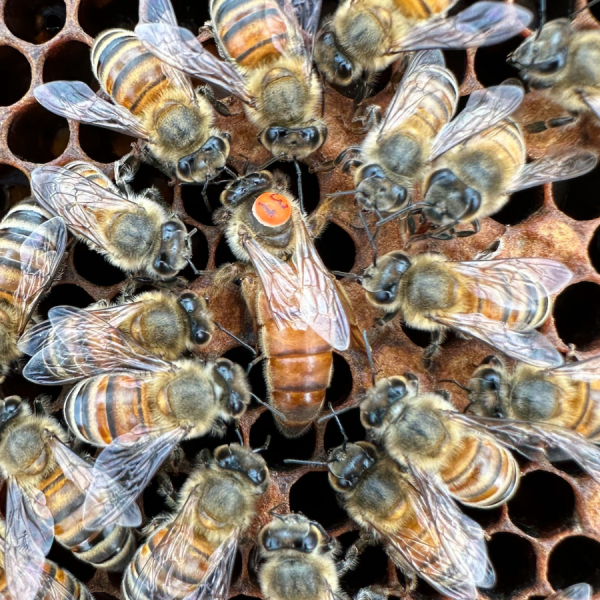
Oct 12, 2023
Honey bees may inherit altruistic behavior from their mothers
True altruism is rare behavior in animals, but a new study by Penn State researchers has found that honey bees display this trait. Additionally, they found that an evolutionary battle of genetics may determine the parent they inherit it from.
Full Article
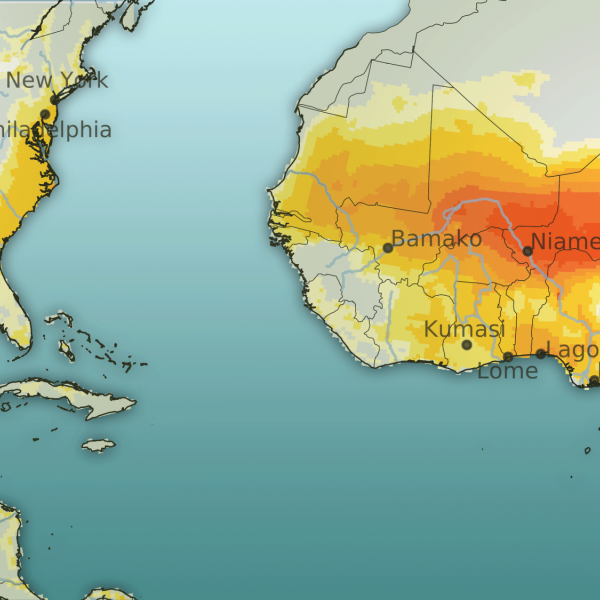
Oct 09, 2023
Climate-driven extreme heat may make parts of Earth too hot for humans
If global temperatures increase by 1 degree Celsius (C) or more than current levels, each year billions of people will be exposed to heat and humidity so extreme they will be unable to naturally cool themselves.
Full Article